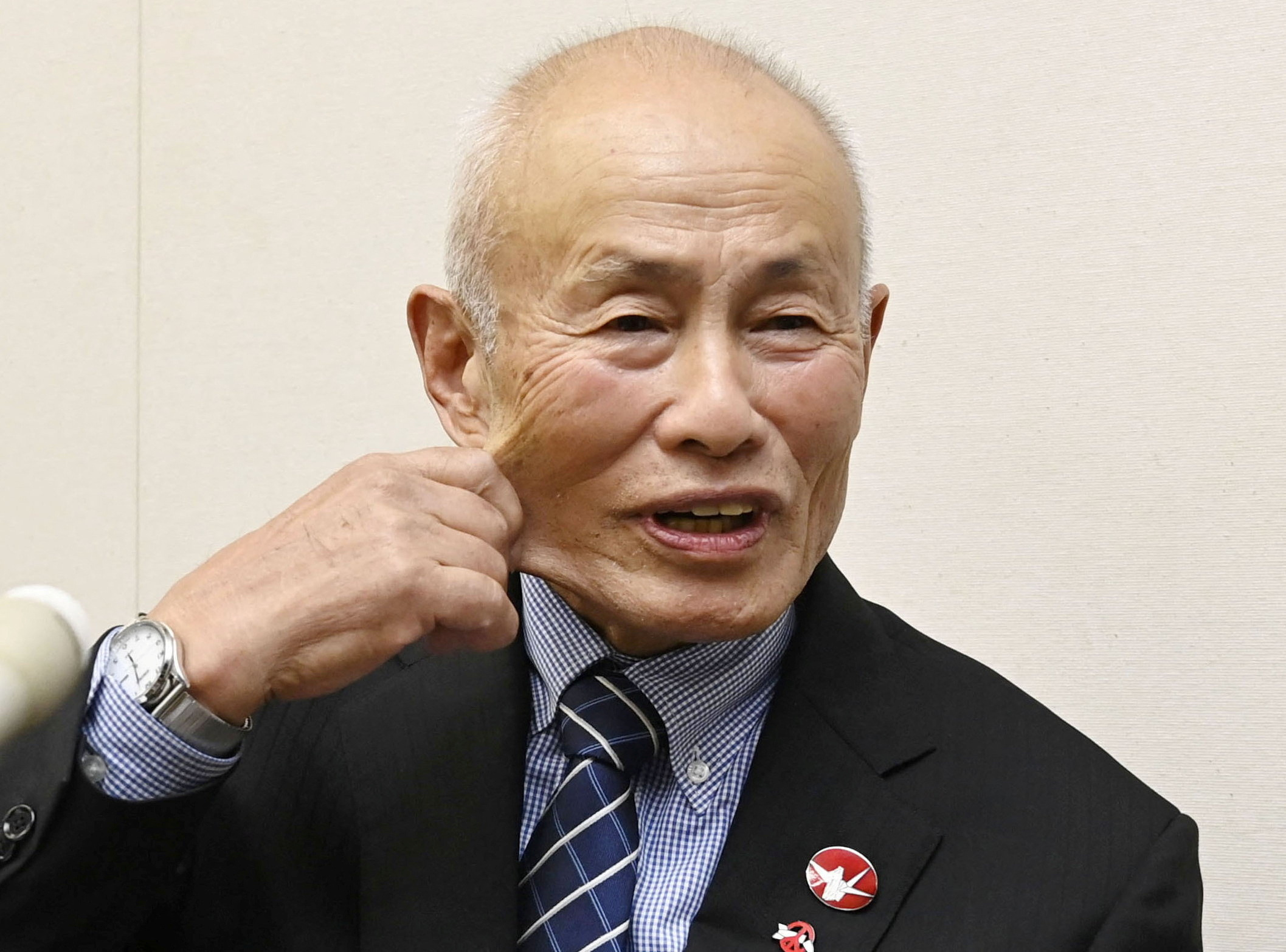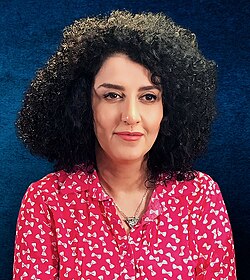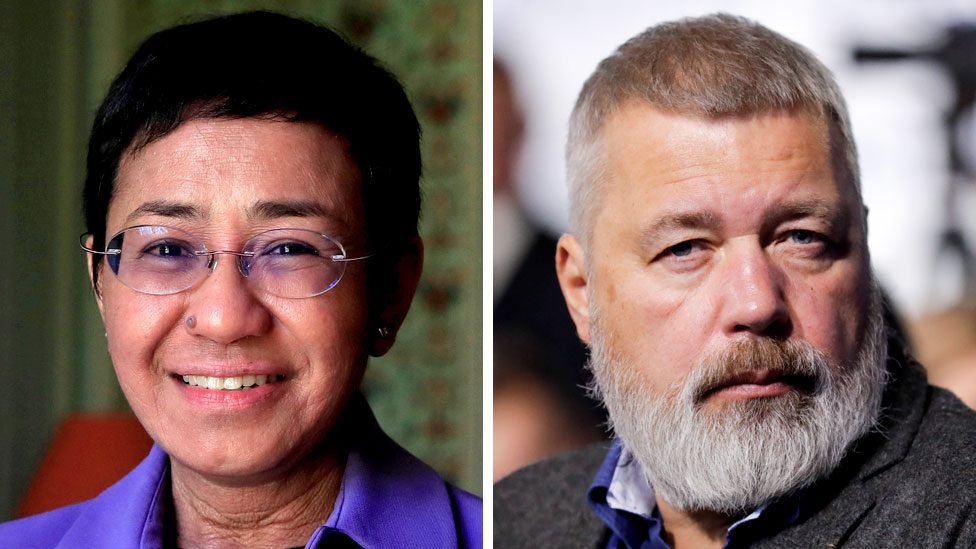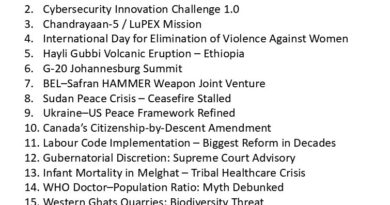Nobel Peace Prize 2025
Contents
Nobel Peace Prize 2025: María Corina Machado – A Beacon of Democracy in Dark Times
The 2025 Nobel Peace Prize was awarded to Venezuelan opposition leader María Corina Machado on October 10, 2025, recognizing her extraordinary courage in defending democracy against authoritarian rule. The Norwegian Nobel Committee praised her as “one of the most extraordinary examples of civilian courage in Latin America in recent times” and “a woman who keeps the flame of democracy burning amid a growing darkness”.
María Corina Machado: Profile and Background

María Corina Machado Parisca, born on October 7, 1967, in Caracas, Venezuela, is an industrial engineer with a master’s degree in finance who transformed from a business professional into one of Latin America’s most prominent democracy advocates. Coming from an upper-class family with roots in Venezuela’s steel industry, Machado’s journey into politics began in the early 2000s when she witnessed her country’s democratic institutions under threat.
Her Contributions to Democracy and Human Rights
Founding Súmate and Electoral Monitoring
In 2002, Machado co-founded Súmate, a civic organization dedicated to promoting electoral transparency and citizen participation. This organization became instrumental in monitoring elections and training citizens in democratic processes. Súmate emerged as a key opposition group that sought to unite Venezuelans amid the political polarization brought about by Hugo Chávez’s administration.
Political Leadership and Parliamentary Service
Machado’s political career reached a significant milestone in 2010 when she was elected to Venezuela’s National Assembly, winning the highest number of votes of all candidates nationwide—a record achievement that demonstrated her broad popular appeal. During her tenure from 2011 to 2014, she served as one of the most vocal critics of government abuses, corruption, and human rights violations.
Her parliamentary career was abruptly ended in March 2014 when she was arbitrarily expelled from the National Assembly by President Diosdado Cabello after speaking at the Organization of American States about Venezuela’s situation. This expulsion, carried out without due process, marked the beginning of intensified persecution against her.
Unifying the Opposition Movement
Machado founded the political party Vente Venezuela in 2013, promoting liberal, democratic, and market-oriented values. In 2017, she co-founded the Soy Venezuela alliance alongside Antonio Ledezma and Diego Arria, creating a platform that united pro-democracy forces across political dividing lines.
The Nobel Committee specifically recognized her role as “a key, unifying figure in a political opposition that was once deeply divided”. She successfully brought together various opposition factions around the common demand for free elections and representative government, demonstrating that “the tools of democracy are also the tools of peace”.
2024 Presidential Election and Documentation of Fraud
Despite being disqualified from running in the 2024 presidential election by Venezuela’s Supreme Court due to trumped-up charges, Machado supported alternative candidate Edmundo González Urrutia. She mobilized hundreds of thousands of volunteers across political divides to serve as election observers, ensuring transparency at polling stations despite threats of harassment, arrest, and torture.
The opposition’s systematic documentation of vote counts provided clear evidence that González had won the election by a significant margin, but the Maduro regime declared victory without presenting evidence. This meticulous documentation effort, led by Machado, exposed electoral fraud on an unprecedented scale.
Living in Hiding While Continuing Resistance
Since August 2024, Machado has been forced to live in hiding within Venezuela due to threats from the Maduro government. Despite personal risks to her safety and that of her family, she chose to remain in the country rather than flee into exile, a decision the Nobel Committee noted as having “inspired millions”.
Even from hiding, she continues to advocate for Venezuelan democracy and has maintained her commitment to peaceful resistance. Her dedication to staying in Venezuela despite death threats demonstrates what the committee called “extraordinary civilian courage”.
Nobel Peace Prize Winners of the Last Five Years
2024: Nihon Hidankyo (Japan)

The Japanese atomic bomb survivors’ organization received the prize “for its efforts to achieve a world free of nuclear weapons and for demonstrating through witness testimony that nuclear weapons must never be used again”. Founded in 1956, this grassroots movement of Hiroshima and Nagasaki survivors (Hibakusha) has worked tirelessly to raise awareness about the catastrophic humanitarian consequences of nuclear weapons.
The organization’s elderly members, now in their 80s and 90s, have shared their personal testimonies to establish what is known as the “nuclear taboo”—the international norm that stigmatizes nuclear weapons as morally unacceptable. Through educational campaigns and personal stories, they have helped prevent the use of nuclear weapons in warfare for nearly 80 years.
2023: Narges Mohammadi (Iran)

Iranian human rights activist Narges Mohammadi won the prize “for her fight against the oppression of women in Iran and her fight to promote human rights and freedom for all”. At the time of her award, she was imprisoned in Tehran’s notorious Evin prison, making her the 19th woman to win the Nobel Peace Prize.
Mohammadi has been arrested 13 times, convicted five times, and sentenced to 31 years in prison and 154 lashes for her activism. She played a crucial role in supporting the 2022 protests following Mahsa Amini’s death, organizing solidarity actions among fellow prisoners and helping ensure the demonstrations did not subside.
2022: Ales Bialiatski, Memorial, and Center for Civil Liberties
This joint award recognized three champions of civil society from Belarus, Russia, and Ukraine respectively “for their outstanding effort to document war crimes, human right abuses and the abuse of power”.
Ales Bialiatski, the Belarusian human rights activist and founder of Viasna, has been imprisoned multiple times for his work defending political prisoners. Memorial, the Russian human rights organization founded in 1989, documented Soviet-era repressions and continued monitoring human rights violations until it was forcibly disbanded by Putin’s government. Center for Civil Liberties from Ukraine has been instrumental in documenting war crimes committed by Russia following the 2022 invasion.
2021: Maria Ressa and Dmitry Muratov

Journalists Maria Ressa from the Philippines and Dmitry Muratov from Russia shared the prize “for their efforts to safeguard freedom of expression, which is a precondition for democracy and lasting peace”.
Maria Ressa, co-founder of Rappler, exposed abuses of power and growing authoritarianism in the Philippines, particularly criticizing President Duterte’s deadly anti-drug campaign. Dmitry Muratov, co-founder and editor-in-chief of Novaya Gazeta, defended press freedom in Russia for decades under increasingly challenging conditions, with his newspaper serving as one of the few independent voices in the country.
2020: World Food Programme (WFP)

The United Nations agency received the prize “for its efforts to combat hunger, for its contribution to bettering conditions for peace in conflict-affected areas and for acting as a driving force in efforts to prevent the use of hunger as a weapon of war and conflict”.
As the world’s largest humanitarian organization addressing hunger, WFP provided emergency food assistance to close to 100 million people in 88 countries in 2019. The organization’s work became even more critical during the COVID-19 pandemic, which dramatically increased global hunger levels. WFP demonstrated that addressing hunger is essential for preventing conflict and promoting peace, with the organization stating that “food is the best vaccine against chaos”.
The Significance of Machado’s Award
María Corina Machado’s Nobel Peace Prize comes at a critical moment when democracy faces global retreat. The Nobel Committee emphasized that her award serves as a reminder that “democracy is under threat” worldwide and that it is “more important than ever to defend” democratic principles.
Discover more from Simplified UPSC
Subscribe to get the latest posts sent to your email.

